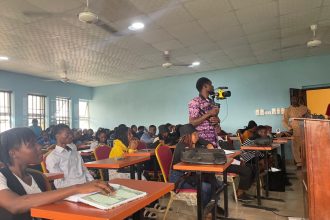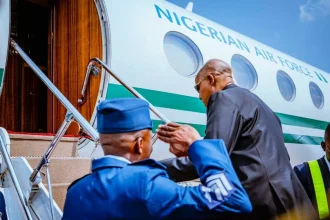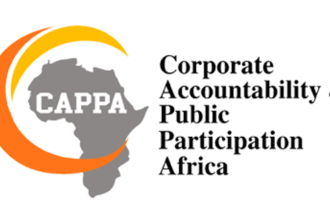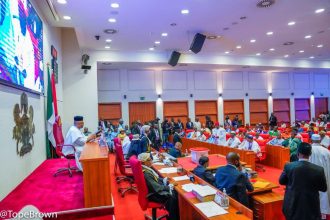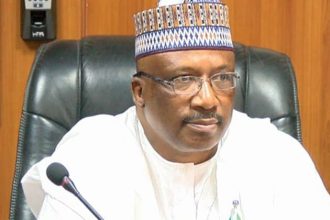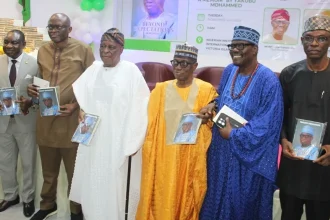By Hassan Zaggi
National Emergency Medical Services and Ambulance System (NEMSAS), has reiterated its readiness to improve emergency health care services in the country.
This, it vows to do through high level collaborations with other sister agencies, private sector, international partners and the media.
The National Programme Manager of NEMSAS, Dr. Emuren Doubra, disclosed this at a media parley during the weekend in Abuja.
This is even as the World Health Organisation (WHO), has insisted that the pledge made by the NEMSAS cannot be a reality without adequate funding by the federal government.
Speaking at the media parley, the Representative of the WHO, Dr Francis Nwachukwu, reiterated that the programme’s success depends solely on a sustainable financing model.
He noted that: “It will be difficult to achieve the objectives of NEMSAS without appropriate financing.
“With the Coordinating Minister’s reforms and the National Health Sector Renewal Investment Programme, funding through the Basic Health Care Provision Fund has strengthened the system. What is now needed is for NEMSAS to be fully functional in all 36 states.”
Speaking further, the NEMSAS Programme Manager, Dr. Doubra, disclosed that NEMSAS was designed to unify and standardise emergency services which were hitherto fragmented among private operators, Non-Governmental Organisations (NGOs) and community organizations, noting that the programme operationalises the Emergency Medical Treatment (EMT) Gateway under the Basic Healthcare Provision Fund (BHCPF).
He explained that: “In Nigeria, we have fragmented emergency medical services as private, community-based, NGOs and without a structured system, we experience leakages and non-standard emergency care.”
“What NEMSAS has come to do is to create standards and ensure that vulnerable patients receive these services without having to bear the cost of immediate payment.”
On his part, the Director-General of the National Blood Service Agency (NBSA) and member of the National Emergency Technical Committee,Prof. Saleh Yuguda, emphasized the relevance of the media in promoting public awareness about NEMSAS and its activities.
According to him: “Today, we inaugurated the Media Cell of the National Emergency Medical Services. Whatever the federal government is doing, people need to know about it.”
“NEMSAS has been established to cater for emergencies nationwide. The federal government will take care of treatment for anyone within the first 48 hours free of charge, that’s the main goal.”
Speaking, the Executive Director of the International Society of Media in Public Health (ISMPH), Chief Moji Makanjuola, charged the media to intensify public awareness of the service provided by NEMSAS.
“Until people know that such a service exists, they cannot make the best use of it.
The media must see itself as a partner in progress to ensure that emergency care is available and to reduce mortality caused by lack of timely intervention,” she noted.






